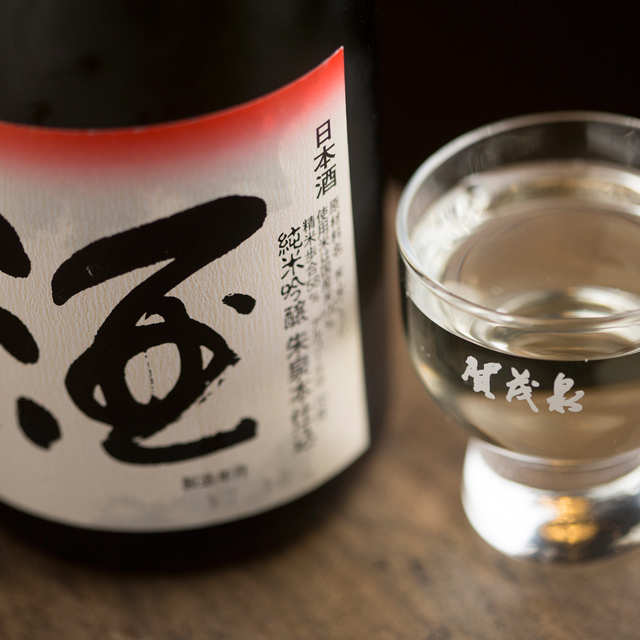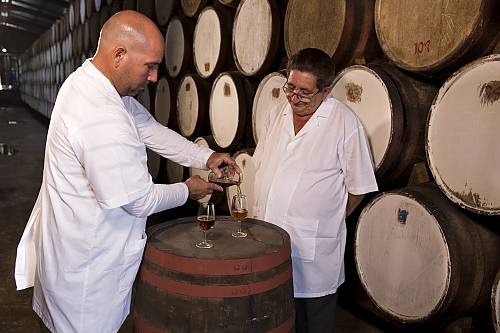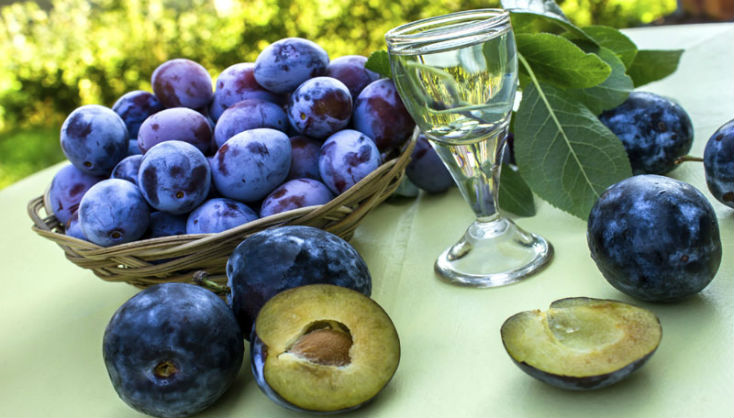
UNESCO’s Top 5 Protected Drink Traditions You Need to Know
When you think of UNESCO, ancient landmarks like the Great Wall or the Pyramids might come to mind. But did you know that UNESCO also protects cultural traditions—including drinks? These aren’t just beverages; they’re centuries-old practices rooted in history, craftsmanship, and social identity. Through its Intangible Cultural Heritage program, UNESCO recognizes living traditions that define communities—whether it’s through food, music, rituals, or iconic drinks. Let’s dive into five legendary drink traditions that have earned UNESCO’s stamp of cultural significance.
1. Sake Brewing in Japan (Added in 2024)
Sake isn’t just Japan’s national drink—it’s a sacred tradition dating back over 2,500 years. Sake plays a deep role in Japanese culture, enriching Shinto rituals, weddings, and festivals.
In December 2024, UNESCO recognized traditional sake brewing, highlighting the craftsmanship of toji (master brewers), who use koji mold to convert rice starch into fermentable sugars—a delicate process passed down for generations. Despite modern brewing innovations, over 1,400 small sake breweries continue these ancient methods, ensuring this cultural gem thrives.
2. Belgian Beer Culture (Added in 2016)
Belgium crafts over 1,500 distinct beer varieties, from spontaneously fermented lambics to world-famous Trappist brews, making it a beer-making powerhouse.
UNESCO recognized Belgian beer culture in 2016 for its vital role in social cohesion. Brewers have passed down techniques for over 1,000 years, and festivals like the Belgian Beer Weekend in Brussels celebrate this rich tradition.
Belgian beer is more than a drink—it’s an art form, with its own unique glassware for each style, secret fermentation methods, and strict adherence to brewing traditions.
3. Qvevri Winemaking in Georgia (Added in 2013)
People often call Georgia the ‘Cradle of Wine’ because it boasts an 8,000-year-old winemaking tradition—the oldest in the world! The key to its unique winemaking process? Qvevri—large, handmade clay pots buried underground for natural fermentation.
Recognized by UNESCO in 2013, qvevri winemaking isn’t just a technique—it’s a way of life. Many Georgian families still produce their own wine using this method, ensuring generational knowledge is preserved. This practice fosters community bonding, with winemaking embedded in religious and social celebrations.
4. The Knowledge of Cuba’s Light Rum Masters (Added in 2022)
Cuba’s maestros roneros (master rum distillers) have refined their craft for over 160 years, perfecting the smooth, elegant style of Cuban rum.
UNESCO honored this legacy in 2022, recognizing the guild-like community of rum masters who pass down expertise in barrel selection, blending, and aroma balancing. Cuban rum isn’t just a drink—it’s a cultural icon, present in weddings, baptisms, and national celebrations. Each bottle carries the legacy of Cuban craftsmanship and pride.
5. Šljivovica – Serbia’s Traditional Plum Spirit (Added in 2022)
Šljivovica is Serbia’s national drink, a potent plum brandy distilled in copper stills and aged in oak barrels. This spirit isn’t just about alcohol—it’s a symbol of hospitality and heritage, deeply tied to weddings, religious holidays, and family gatherings.
UNESCO recognized this practice in 2022 for its generational knowledge-sharing, as families pass down distillation secrets and even the art of making copper stills. In Serbia, making šljivovica is more than a tradition—it’s a way of life.
Interesting Read
Why These Traditions Matter
By safeguarding these drinks, UNESCO isn’t just preserving flavors—it’s protecting the stories, skills, and communities behind them. These drinks represent centuries of heritage, craftsmanship, and cultural identity.
So, the next time you sip on sake, raise a Belgian beer, or taste Georgian qvevri wine, know that you’re experiencing history in a glass. Cheers to culture, craftsmanship, and the timeless traditions that keep our world rich in flavor and meaning!

















